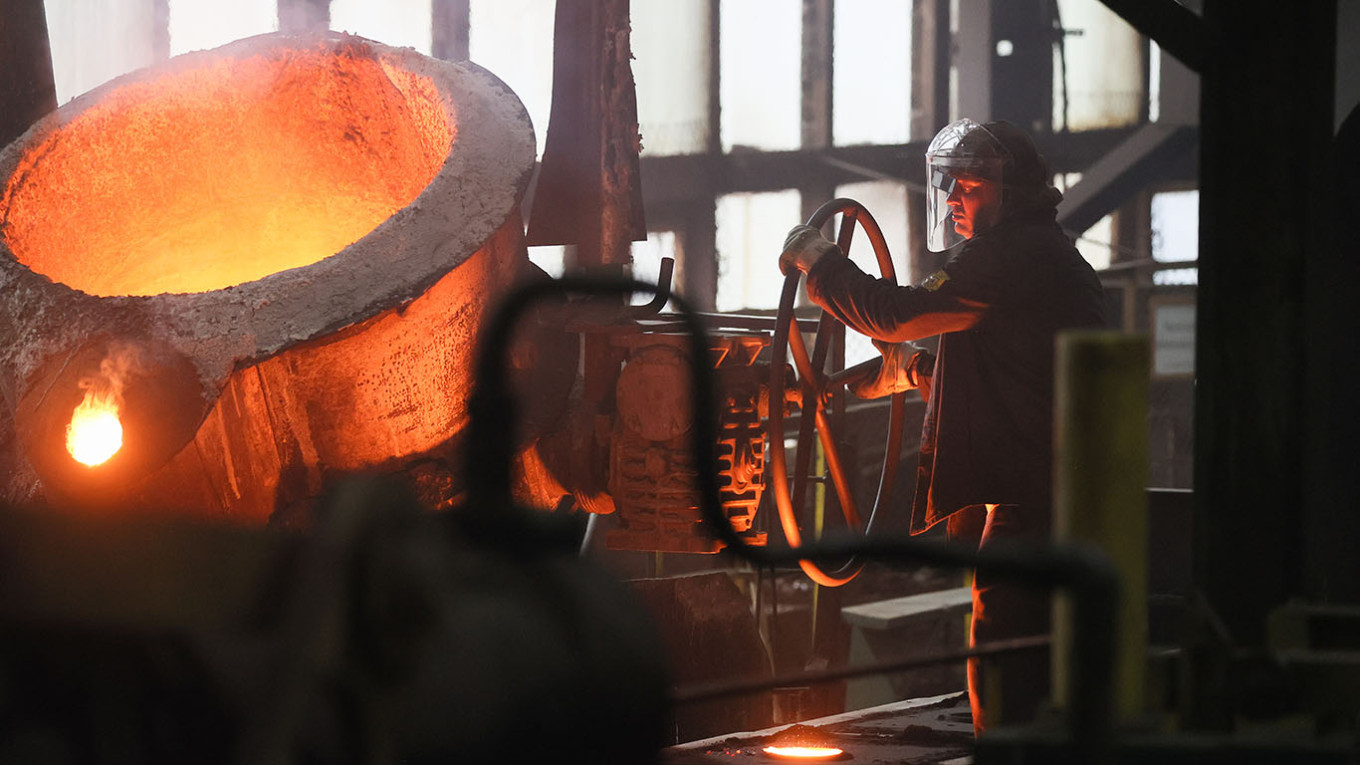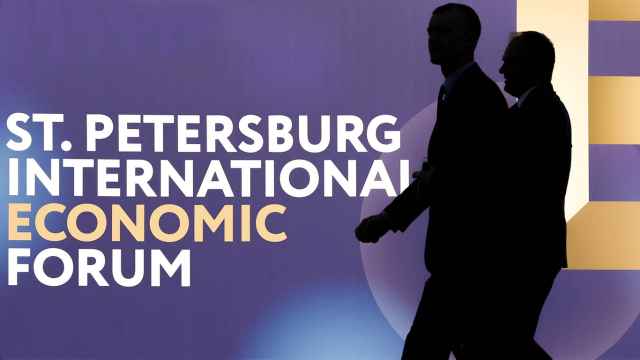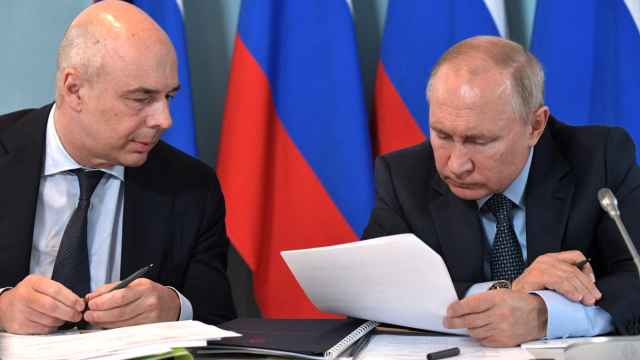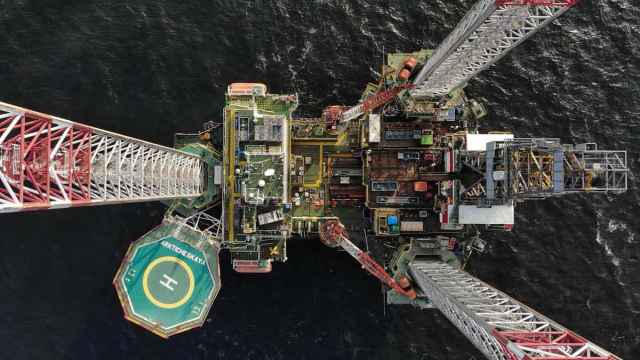Russia's leading steel companies are confronting a deepening financial crisis as higher interest rates, waning demand and expanding sanctions drastically reduce their access to export markets, threatening the viability of an industry that has long been a cornerstone of the Russian economy.
Major producers reported dramatically weakened earnings for the first half of 2025.
Magnitogorsk Iron and Steel Works (MMK), one of Europe’s largest steelmakers and Russia’s second-largest by output, reported a nearly ninefold drop in profits to 5.6 billion rubles ($70.6 million).
Revenues fell by a third year-on-year, while cash flow turned negative in the second quarter, with outflows exceeding receipts by 4.9 billion rubles ($62 million).
MMK is owned by billionaire Viktor Rashnikov, whose net worth Forbes estimates at $9.6 billion.
Severstal, controlled by Alexei Mordashov, Russia’s second-richest man with an estimated fortune of $28.5 billion, fared even worse.
The company, which operates eight plants including the flagship Cherepovets Steel Mill, recorded negative cash flow for the full half-year, with outflows surpassing inflows by 29.1 billion rubles ($370 million).
Revenues fell 16% and net profits halved to 15.5 billion rubles ($195 million). Severstal opted not to pay dividends for a third consecutive quarter.
Domestic demand for steel has continued to deteriorate. Severstal reported a 15% decline this year following a 6% drop in 2024, a steep contraction for a country that once counted construction, infrastructure and heavy industry as robust consumers of steel.
The contraction in demand coupled with sanctions that restrict exports has left producers with growing stockpiles and fewer paths to market.
“The second quarter has been extremely difficult for both the metallurgical industry and the Russian economy as a whole,” Severstal CEO Alexander Shevelev said.
Economist Nikolai Kulbaka attributed the industry's struggles to the cascading effects of international sanctions, which have severely impacted Russia's raw materials exports and, in turn, affected steelmakers' ability to operate profitably.
“Domestic consumption is insufficient because the economy is slowly stagnating,” he said.
He noted that GDP growth has slowed to one-third of 2024 levels, while construction activity, a primary driver of steel consumption, has dropped by nearly 30%, reaching its lowest point in three years.
Speaking at the St. Petersburg International Economic Forum in June, Shevelev warned that weak demand and high borrowing costs in Russia now threaten the continued operation of domestic steel plants.
He warned that Russian steelmakers may be unable to sell as much as 6 million tons of steel this year, roughly 10% of last year’s output, due to evaporating demand. Domestic consumption could fall as low as 39 million tons, down from 43-45 million tons in 2024, he said.
Industry and Trade Minister Anton Alikhanov said in June that the government is considering tax relief for steelmakers, including potential revisions to the excise formula for liquid steel.
He also pointed to the ruble’s current exchange rate as a significant obstacle for exporters, making Russian steel uncompetitive even in markets still open to trade.
“The current exchange rate has unfortunately become prohibitive for exporters,” Alikhanov said. “We believe it’s time to optimize the fiscal burden on the metallurgical sector and reduce regulatory costs.”
Still, analysts caution that no quick rebound is in sight. Experts at Promsvyazbank, a state-owned lender, said the industry’s outlook remains bleak through at least the end of the year.
Persistently high interest rates and weak economic growth, they noted, are making it increasingly difficult for firms to invest in upgrades or expand output.
A Message from The Moscow Times:
Dear readers,
We are facing unprecedented challenges. Russia's Prosecutor General's Office has designated The Moscow Times as an "undesirable" organization, criminalizing our work and putting our staff at risk of prosecution. This follows our earlier unjust labeling as a "foreign agent."
These actions are direct attempts to silence independent journalism in Russia. The authorities claim our work "discredits the decisions of the Russian leadership." We see things differently: we strive to provide accurate, unbiased reporting on Russia.
We, the journalists of The Moscow Times, refuse to be silenced. But to continue our work, we need your help.
Your support, no matter how small, makes a world of difference. If you can, please support us monthly starting from just $2. It's quick to set up, and every contribution makes a significant impact.
By supporting The Moscow Times, you're defending open, independent journalism in the face of repression. Thank you for standing with us.
Remind me later.






